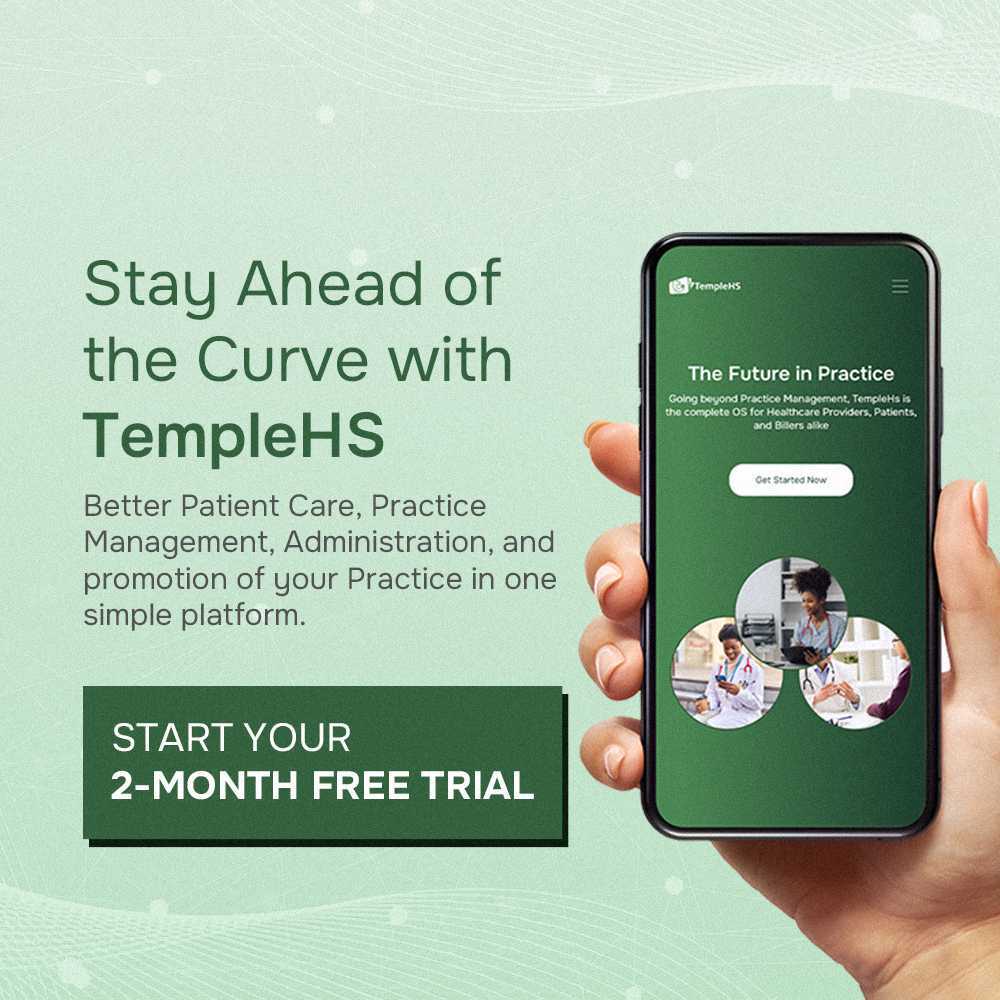When you run a clinic, one of the common challenges is dealing with no-shows and last-minute cancellations. These unexpected changes can disrupt the flow of your clinic, causing gaps in your schedule and even leading to loss of revenue.
But there’s good news: there are strategies you can adopt to reduce the frequency of these incidents and manage them effectively when they do occur. Whether it’s through better communication, implementing a reminder system, or setting a clear cancellation policy, you can improve your clinic’s efficiency and provide better service to your patients.
This guide will offer practical steps and suggestions to handle no-shows and cancellations, making your clinic operations smoother.
How to Handle No-Shows and Cancellations in Your Clinic
1. Clear Communication from the Start
One of the most effective ways to reduce no-shows and cancellations is to ensure clear communication with patients from the outset. When patients first book an appointment, make sure they understand the importance of the slot they’ve taken and the potential impact on other patients if they don’t show up. By highlighting the value of each appointment, patients are more likely to commit. Additionally, provide them with clear instructions on how to reschedule or cancel if necessary.
2. Implement a Reminder System
It’s common for patients to forget their appointments. Implementing a reminder system can significantly reduce the number of no-shows. This could be in the form of automated phone calls, text messages, or emails. Sending reminders a few days in advance, followed by another one a day before the appointment, can be effective. Moreover, giving patients an option to confirm, reschedule, or cancel their appointment directly from the reminder can streamline the process.
3. Establish a Cancellation Policy
Having a clear cancellation policy in place can deter last-minute cancellations. This policy should specify how much notice a patient needs to give to avoid any penalties. While some clinics charge a fee for late cancellations or no-shows, others might use a three-strike rule, where repeated offenses could lead to booking restrictions. Whichever route you choose, ensure that the policy is clearly communicated to the patients when they book an appointment and is also prominently displayed in the clinic and on your website.
4. Offer Online Rescheduling Options
Sometimes, patients may need to change their appointment due to unforeseen circumstances. Making it easy for them to reschedule can prevent outright cancellations. Offering an online portal or a user-friendly app where patients can quickly view available slots and move their appointment can be beneficial. It not only empowers the patient but also reduces administrative burden.
5. Analyze and Reach Out
It’s essential to understand why patients are missing appointments. After a no-show, consider reaching out to the patient to find out the reason. This could be a simple phone call or a feedback form. Their feedback can provide insights into systemic issues you might not be aware of, like scheduling conflicts, transportation problems, or misunderstandings about the nature of the appointment.
6. Foster a Strong Patient-Clinic Relationship
Patients who feel a personal connection to their healthcare providers are less likely to miss their appointments. Taking time to engage with patients, listening to their concerns, and offering personalized care can make a big difference. When patients feel valued and understood, they’re more likely to prioritize their appointments.
7. Don’t Wait to Reschedule Your No-Shows
Prompt action is crucial when addressing no-shows in a clinic setting. Instead of waiting for the patient to reach out and reschedule, take the initiative. As soon as you notice a missed appointment, reach out to the patient.
This proactive approach accomplishes two things: First, it sends a message to the patient that their appointment and overall health are important to you. Second, it allows for swift rescheduling, ensuring that patients receive the necessary care without much delay.
8. Reward Patients Who Keep Appointments
Recognizing and rewarding positive behavior can be a powerful tool in any setting, including healthcare. Patients who consistently show up for their appointments are ensuring the smooth operation of your clinic and deserve acknowledgment. Consider implementing a rewards system or loyalty program that offers tangible benefits to these patients. This could be in the form of discounts on future visits, small freebies, or priority scheduling.
The exact nature of the reward will depend on the clinic’s resources and patient demographics. Beyond the immediate perks, such a system sends a broader message. It indicates that the clinic values punctuality and commitment, fostering a culture where appointments are respected and upheld. Over time, this can influence even those patients who are typically lax about their appointments as they see the tangible benefits of consistent attendance.
Conclusion
Handling no-shows and cancellations in a clinic isn’t just about filling empty slots or recovering lost income. It’s about ensuring that every patient gets timely care and that your clinic runs efficiently. By implementing the strategies discussed, you can create a more predictable schedule, reduce disruptions, and continue to provide top-notch care to your patients. Remember, consistency and clear communication are key.



